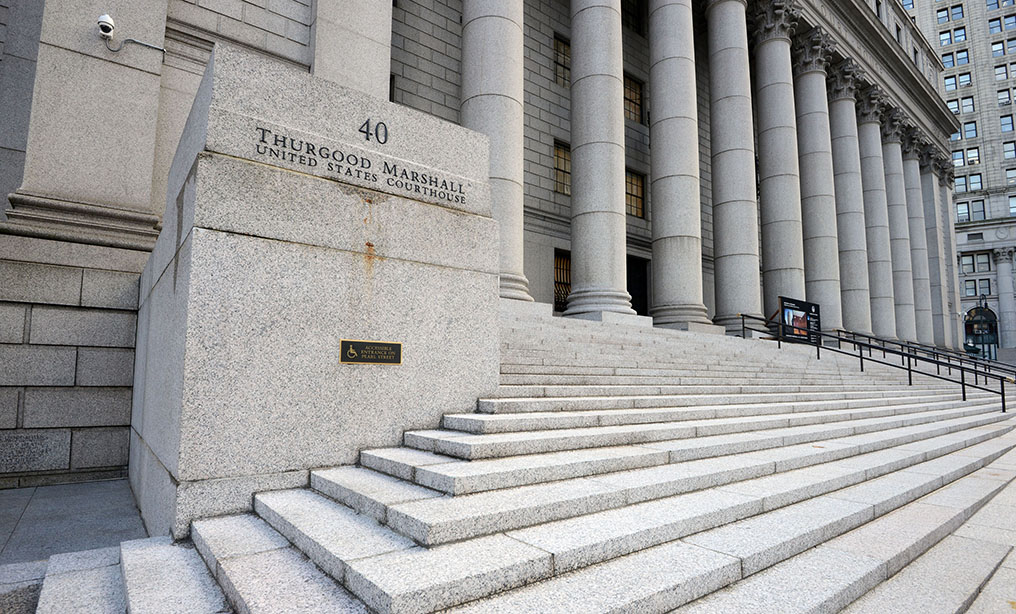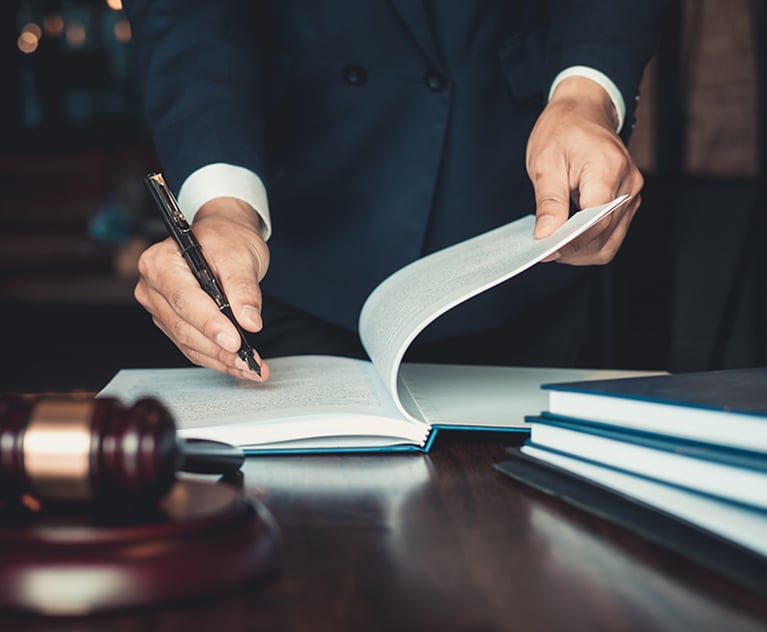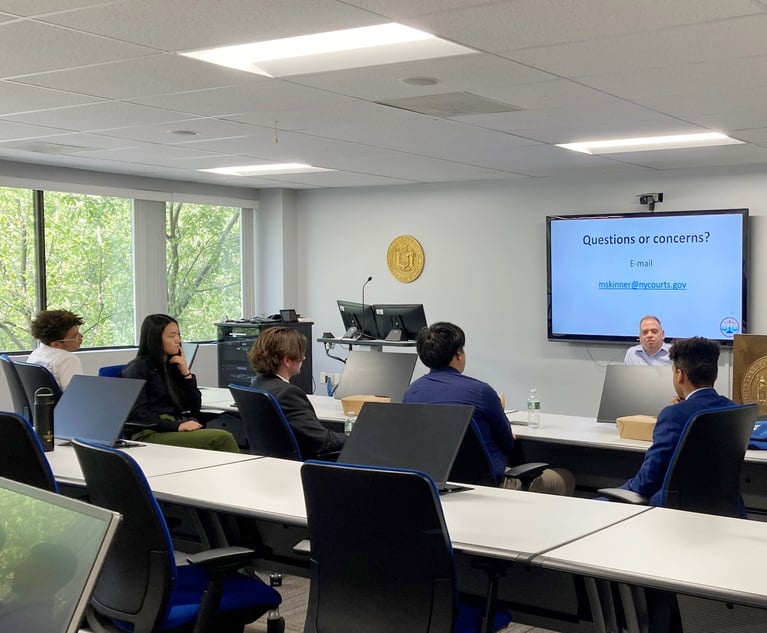A New York lawyer who was removed from the U.S. Court of Appeals for the Second Circuit last week over a viral courtroom blowup defended his comments Monday to the panel that heard his appeal.
In a letter, solo attorney Todd Bank, from Kew Gardens, Queens, stopped short of apologizing for loudly questioning the court’s preparation and grasp on his case, but he did admit that he could have handled the situation in a “more diplomatic manner.”


 The Second Circuit Court of Appeals at the Thurgood Marshall U.S. Courthouse in lower Manhattan. Photo: Rick Kopstein
The Second Circuit Court of Appeals at the Thurgood Marshall U.S. Courthouse in lower Manhattan. Photo: Rick Kopstein





